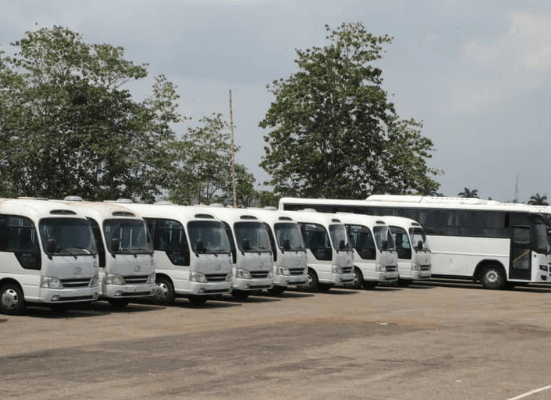ABUJA, August 6, 2025 — The President of the African Development Bank (AfDB), Dr. Akinwumi Adesina, has called on Nigeria and other African nations to stop relying heavily on vehicle imports, stressing that the continent must begin manufacturing its own automobiles to strengthen economic resilience and industrial growth.
Dr. Adesina made the remarks on Tuesday while speaking at a high-level policy dialogue on industrialisation and economic transformation in Africa, held in Abuja. He expressed concern over the continent’s continued dependency on foreign-made vehicles, which, according to him, drains valuable foreign exchange and undermines local capacity development.
“Africa cannot continue to be a consumer of what it does not produce. We must rise to manufacture our own cars. The future of Africa lies not in imports but in industrialisation,” Adesina declared.
The AfDB chief emphasized that despite Africa being rich in natural resources used in automobile production — such as steel, rubber, and lithium — the continent still spends billions of dollars annually importing vehicles and spare parts, a trend he described as unsustainable.
He encouraged African governments to create enabling environments for local auto industries by providing infrastructure, access to finance, tax incentives, and protective policies. Adesina also highlighted the need for robust investments in technical and vocational education to groom a new generation of skilled automotive engineers and technicians.
While commending countries like Nigeria, Ghana, and South Africa for their initial efforts in developing local vehicle assembly plants, he insisted that Africa must move from mere assembly to full manufacturing and export.
“We must support homegrown car manufacturers like Innoson and others across the continent. Industrialisation is not a choice; it is a necessity for Africa’s future,” Adesina added.
His statement comes amid growing calls from stakeholders for African nations to shift focus from raw material exportation to value-added production in key sectors, especially manufacturing, technology, and agriculture, as part of efforts to achieve economic diversification and job creation under the African Continental Free Trade Area (AfCFTA) framework.






